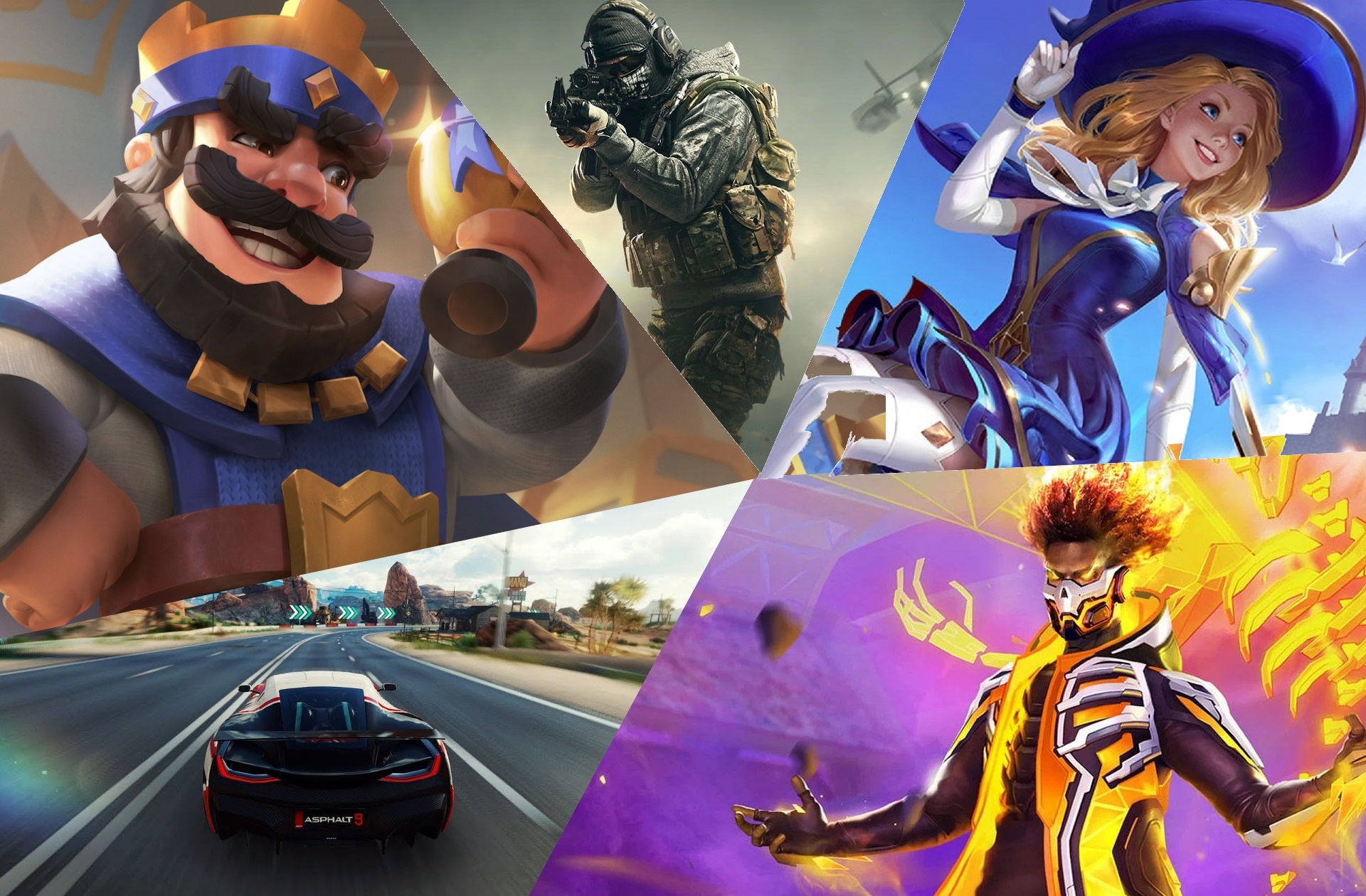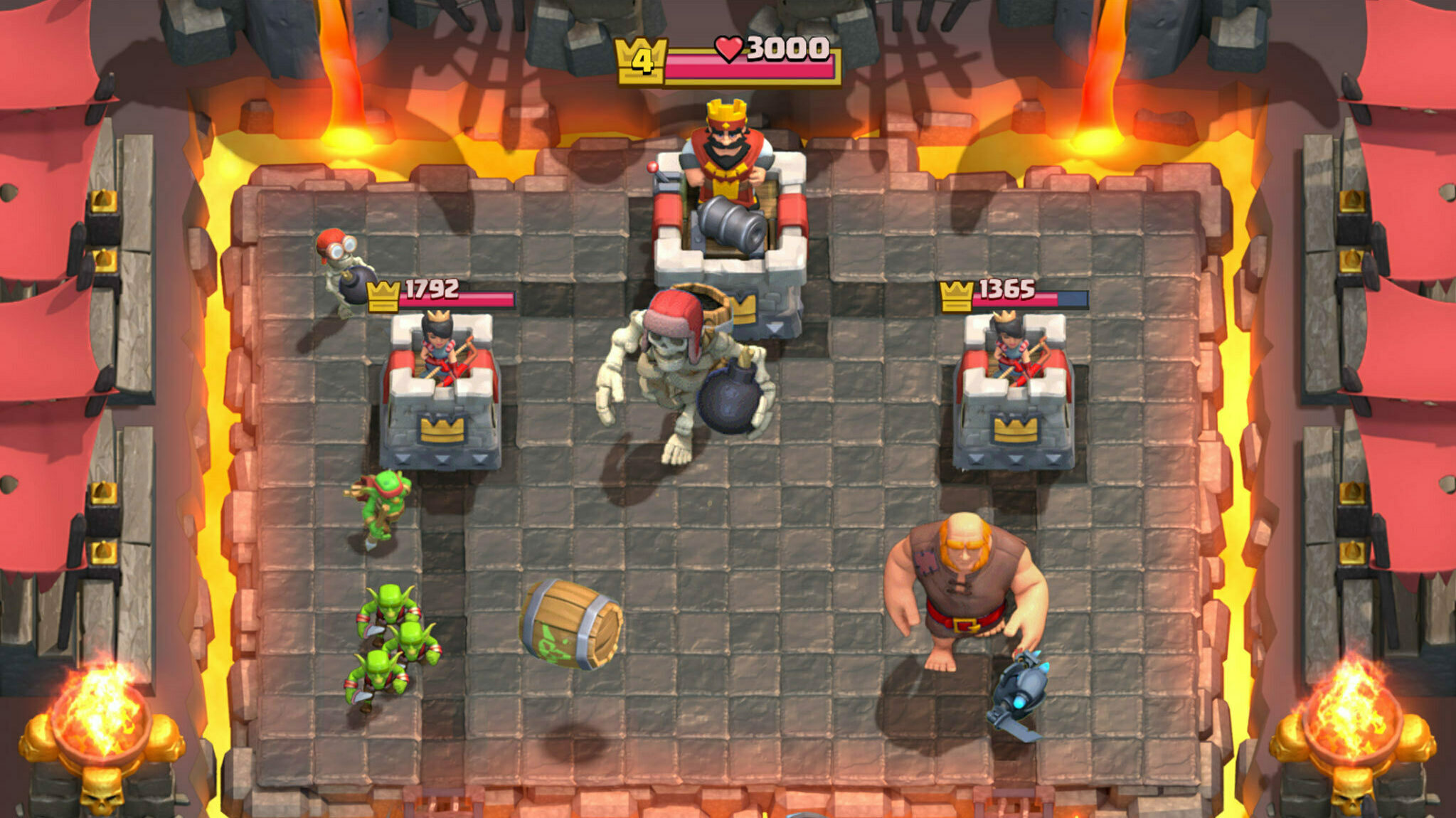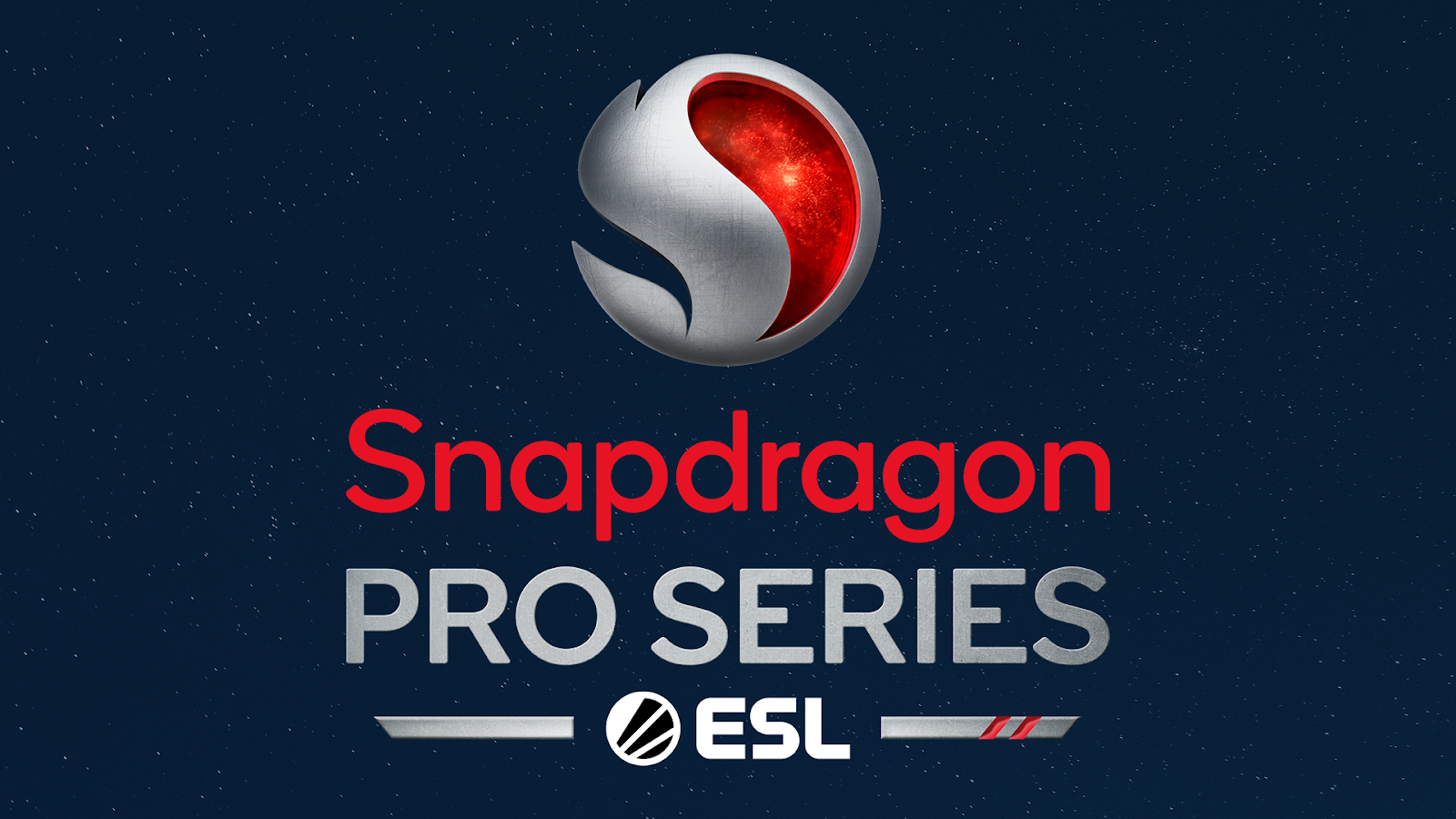We spoke to ESL's Kevin Rosenblatt and Qualcomm's Matthew Grossman about the Snapdragon Pro Series and the future of mobile esports.
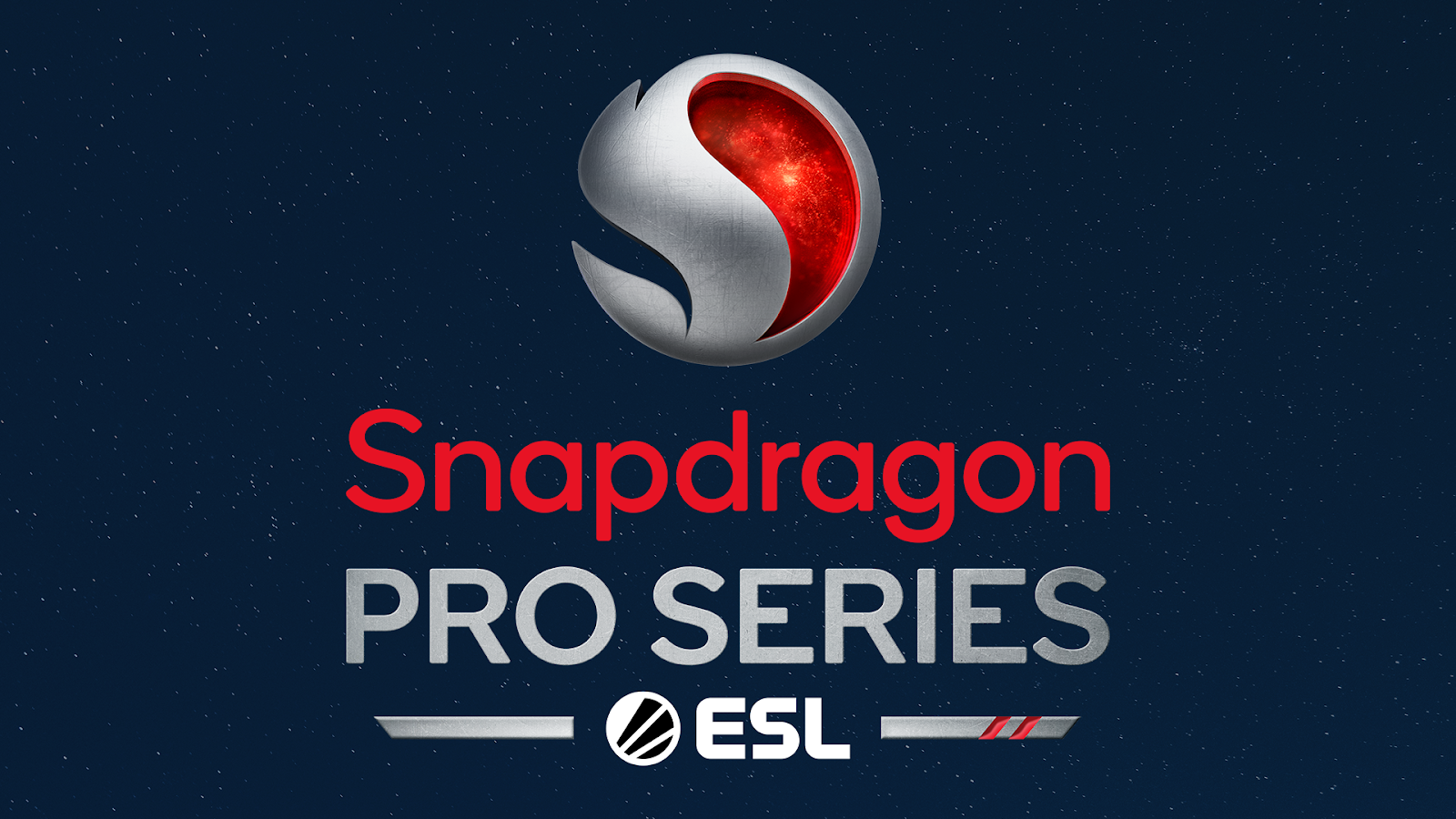
With over 600,000 players competing in its debut season, the Snapdragon Pro Series is the world's largest multi-game mobile esports competition. Season 1 saw players from five global regions compete in some of the world’s most popular mobile games for a combined prize pool of $480,000.
Competitions range from the online-only Open Cups all the way up to its marquee tournaments such as the Snapdragon Mobile Challenge. We were able to experience many of these LAN events held earlier this year at Gamescom 2022 in Cologne, PAX West in Seattle, WA, and the Kuala Lumpur Battle Arena in Malaysia.
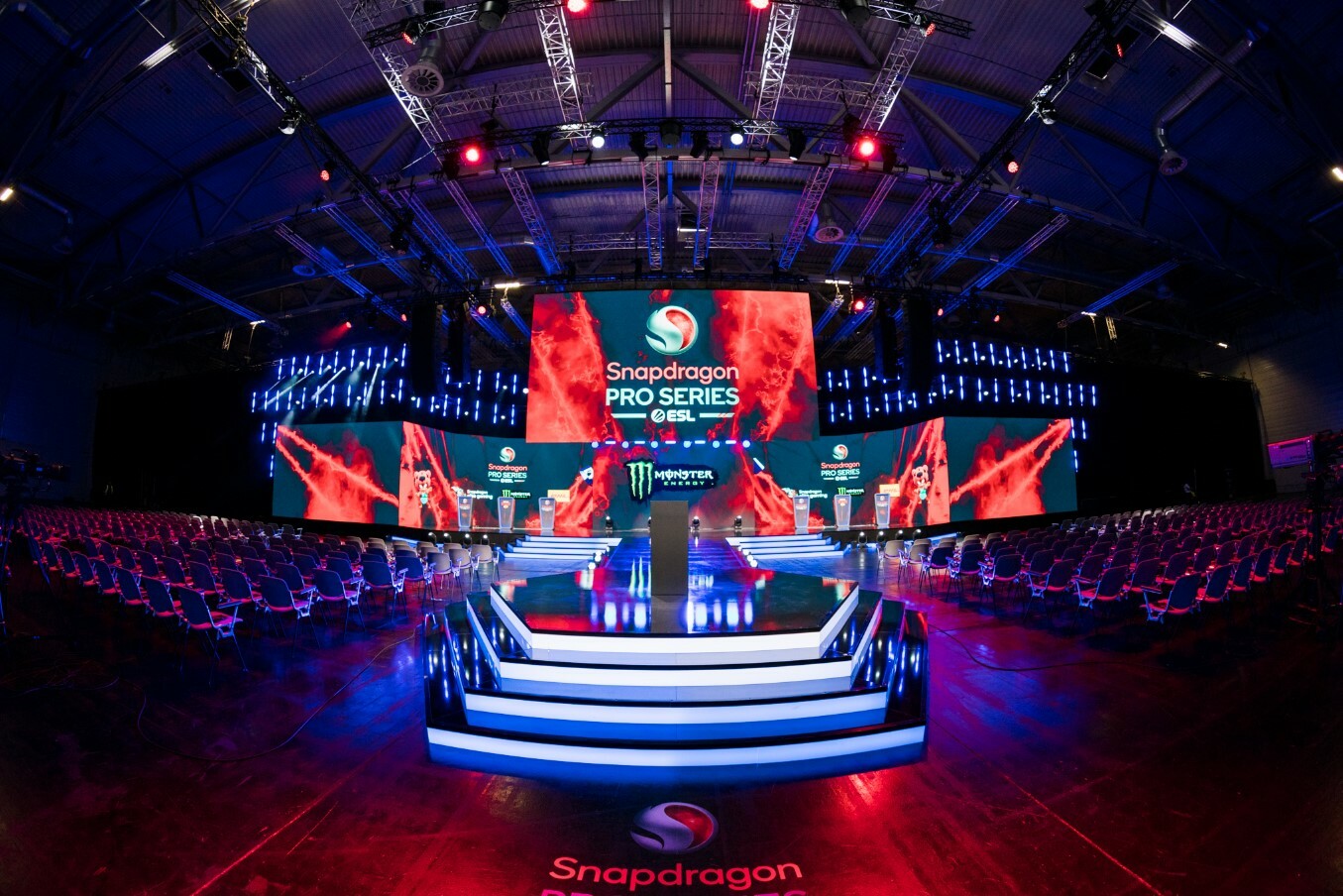
This is just the beginning for organizers ESL FACEIT Group (EFG) and Qualcomm Technologies, who are expanding the program heading into Season 2.
We caught up with EFG's Kevin Rosenblatt and Qualcomm's Matthew Grossman on the eve of the new season to ask them what they learned from Season 1, their plans for the upcoming season, and what the future holds for mobile esports.
What did you learn from Snapdragon Pro Series Season 1, and what changes will we see heading into Season 2?
Rosenblatt: EFG is constantly learning, adjusting, and evolving in real-time. We're taking feedback from our primary stakeholders with real emphasis being placed on the players and the community - the fans who are the driving force behind the program.
A prime example of this fine-tuning can be seen in Season 2, where our calendar is now more synchronized with our live events in specific regions, bringing our communities together around key tournaments and moments throughout the season.
Our goal is to create incredible experiences for our players, fans, organizations, and partners. We want to ensure that our live events are truly best in class, whether that's from a hospitality standpoint for our players and staff or from the perspective of creating a fun and engaging environment for fans on-site or watching online.
What an incredible victory for an incredible team. GGs Totem! @Reply_Totem - EUR&MENA Season 1 Champions#SnapdragonProSeries | @Brawl_esports @Snapdragon pic.twitter.com/LYXGiVgUAw
— ESL Brawl Stars (@ESLBrawlStars) August 28, 2022
Fans and stakeholders will see a number of changes as we dial in on what worked and where we can enhance this season for a rapidly-growing generation of passionate mobile gamers. We're looking forward to implementing these refinements across the board moving forward.
What technical challenges does running a mobile esports tournament pose?
Rosenblatt: Putting these events on is very complicated and technically challenging. Our Executive Chairman, Ralf Reichert, who was the co-founder of ESL more than 20 years ago, often says we have made more mistakes than anyone because we've done more than anyone.
We try to apply that 20 years of understanding to the massive undertaking that is putting on large, live esports events. With respect to mobile esports, the complexity is boosted by a significant factor; there has not been a 20+ year history of doing these types of events at scale as we've seen in traditional PC and console esports. We're building the playbook as we go. We leverage our history and expertise, as well as some of our own key insights into the process.
Are you seeing a difference in audiences with mobile esports when compared to traditional esports?
Rosenblatt: We see a more diverse audience when we look at casual mobile gaming. That audience is nearly a complete 50/50 split between male and female. When looking at mobile esports, however, this demographic split doesn't hold up exactly the same, but it's very important to the core ethos of our program that we try to push toward that goal of inclusivity
We also see a demographic a little bit at the higher end of the traditional age range for what one would consider to be traditional gaming, and that speaks to the accessibility of mobile. We've seen matches played from break rooms, public transportation, and parking lots. This really showcases the fact that we are truly bringing mobile esports to the masses along with our core partners at Qualcomm, which is what we're trying to accomplish with the Snapdragon Pro Series.
Mobile gaming tends to dominate in the East and lag slightly behind in the West. Is that changing, and does it matter?
Rosenblatt: We operate the program in five global regions because it's very important that we create opportunities for players and fans worldwide. Right now, the uptake of mobile esports is not homogenous. There are certain areas of the world that are probably a couple of years ahead. We want to create opportunities that only some regions of the world have had historically.
At EFG, we think it's really important to have the right esports infrastructure available globally so that mobile esports can flourish. When we look at what we're doing at the very core of it, that is our ambition. We're taking a very long-term view with our core partner, Qualcomm, and we want to see mobile esports succeed globally over the next five years.
Grossman: There are regions that are currently underserved with competitive gaming opportunities. If you take a look at regions like India, if you take a look at regions like APAC, there is a higher proliferation rate of 5G-connected devices than WiFi-connected devices, which is the backbone of traditional desktop and console competitive gaming experiences. So, for us, it's not just marketing talk; it's ethos. It's how our technology practically applies to the consumer and the fact that we are able to support EFG in that capacity.
Our technology powers seamless gaming experiences independent of where you are in the world; EFG calls it the 'Era of Everyone,' the opportunity to connect that technology advancement to where connectivity is no longer anchored to a desktop or console experience but tethered to your mobile device. This opens up the ability to play from anywhere and lowers the barrier of entry, not only from a technological standpoint but from a consumption standpoint. It all gets back to the ethos of what competitive gaming was all the way back to its advent.
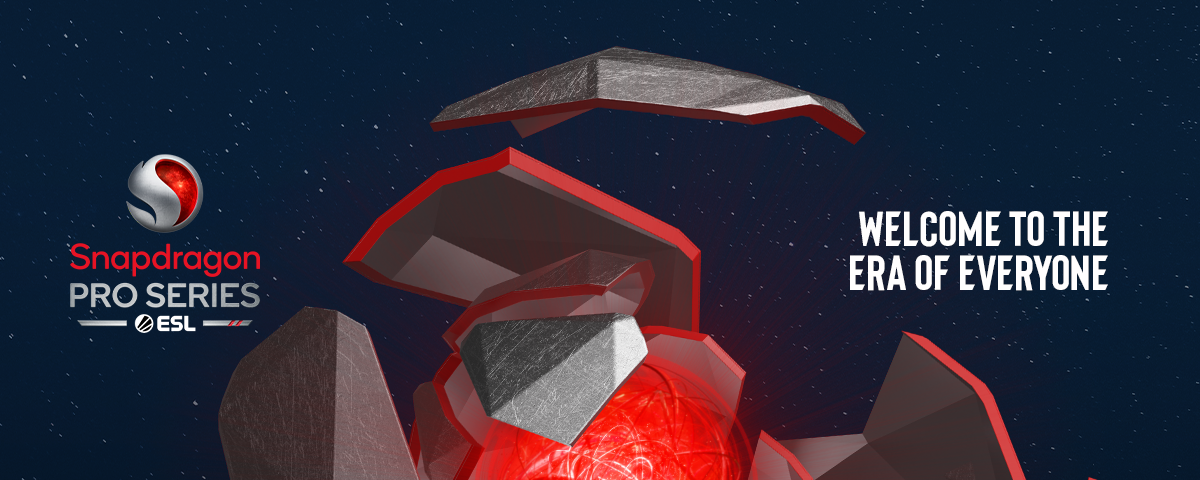
EFG is making an incredible investment, not only with us but in mobile esports. So for us, it's a natural partnership because it's a natural evolution of where we hope technology brings competitive gaming as a whole. It used to be that it was anchored to a desktop or console experience. Now I'm able to take the competitive gaming experience anywhere in the world with Snapdragon-powered devices; this is the direction both EFG and Qualcomm want to see competitive gaming going.
Snapdragon platforms are building a reputation for their gaming performance; what does that mean to Qualcomm, and what value does it bring to the company
Grossman: For us, gaming is incredibly important as a centerpiece.
If a person thinks about Call of Duty: Warzone, if a person thinks about a new triple AAA mobile release, that gaming experience is always more than the sum of its parts; a seamless gaming experience isn't just reliant on a chipset.
It's dependent on dedicated and collaborative technology solutions effectively across computing, graphical processing, and connectivity display, which for Qualcomm is, to use an example of our Snapdragon 8 Gen 1 platform, our Cairo CPU, our Adreno GPU, and our Qualcomm FastConnect 6900. And on top of all of that, we have a dedicated hardware and software team in Snapdragon Elite Gaming that is building features dedicated to getting the most out of that technology platform and delivering on that seamless gaming experience.
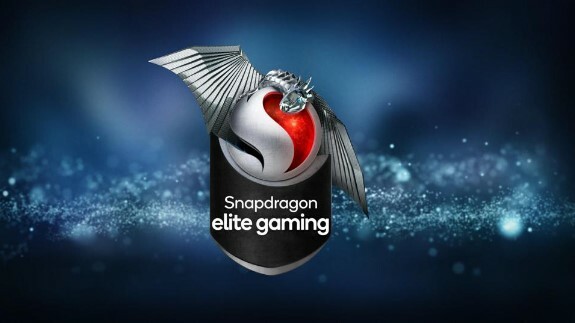
That is the unique challenge of mobile technology. But I think that's where we particularly succeed and why we placed so much importance on gaming – because it is an opportunity for us to take all of those collaborative technology solutions and deliver on unique challenges that may prevent or hinder a gamer from the seamless gaming experience. To summarize, yes, gaming is certainly at the center of our ethos when it comes to developing these technologies.
What technology is on the horizon for mobile gaming in terms of Qualcomm platforms?
Grossman: In terms of what's next for us, I think we're really excited about some really big feature announcements and technology developments coming from our Snapdragon Elite Gaming team. We will be holding our annual Snapdragon summit in November, which is where we will make some public-facing announcements as to what that new technology will be. As a lifelong gamer, I'm particularly very excited about it. In regards to EFG, Kevin and I will have some very fun updates coming for the Snapdragon Pro Series that I'm very confident will excite not only our fans but our players. I can't say more, or Kevin will be mad at me.
Back to the Snapdragon Pro Series. In Season 2, what can we expect?
Rosenblatt: Our mission has always been to create the 'Era of Everyone,’ where anybody can participate in a way that was inaccessible in esports a couple of years ago. One of the key ways that we've thought about accessibility is by expanding both regionality as well as our game titles.
Previously, we were extremely limited in our ambition and our ability to scale from a year-over-year perspective. With the Snapdragon Pro Series, a lot of that acceleration has truly been unlocked. Most of that, if not all of that, is thanks to the Qualcomm partnership and the long-term vision that both companies bring to the table. Moving forward, as we announce more details and move towards the tail-end of this year's program, we'll be releasing news about additional game titles and regionality that equates to more opportunities for players and fans alike to engage with the Snapdragon Pro Series.
How are esports organizations looking at mobile esports? And how does it differ when compared to traditional esports?
Rosenblatt: It's still a really nascent space when it comes to organizations. Before we see a dramatic ramp-up and acceleration, which I believe we've started to see, we as an industry need to better communicate the value proposition and amazing transformative properties that mobile esports brings to the table.
We realized that specific to the Snapdragon Pro Series, there has to be this symbiotic relationship with the organizations where what's good for us is good for them and vice versa. At EFG, we think a lot about the platform that we provide for them. This is why we put so much emphasis on our storytelling, why we put teams and players first; we need to be able to build stars, first at a regional level and then at a global level. If we execute on this – and I believe we're on the right track to do that – we're going to see an influx of attention and capital, which creates this virtuous cycle that attracts more organizations and attention to the space.
I believe we are on this path over the next two to three years, where we will see much more investment in mobile esports. It's the classic chicken before the egg dilemma. This is where we stepped in and feel we're truly offering a unique value proposition through the Snapdragon Pro Series.
MobileMatters is in partnership with ESL FACEIT Group.

